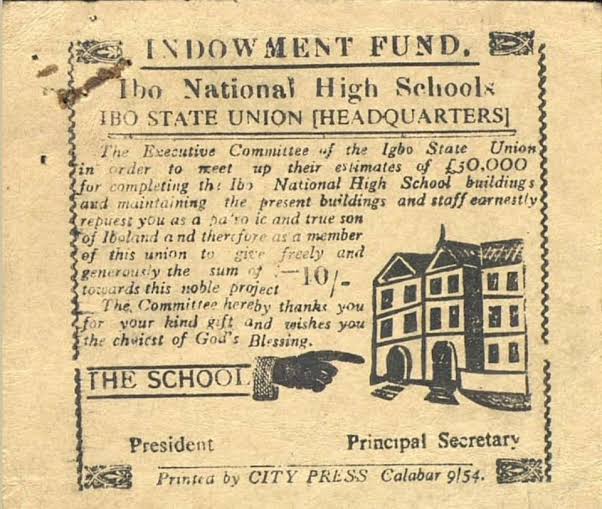![[Edward Wilmot Blyden, half-length portrait, facing front, holding book]](https://ozikoro.com/wp-content/uploads/2024/09/edward-wilmot-blyden.jpeg)
Edward Wilmot Blyden (Aug 1832 – Feb 1912) was a writer and politician who identified both of his parents as being of full Igbo ancestry. Known as the father of pan-Africanism, Blyden was an educator, writer, diplomat, and politician who settled in Liberia and later Sierra Leone. Born in the Virgin Islands of the West Indies, he joined free black immigrants from the United States who had migrated to the region. He spent five years teaching in the British colony of Sierra Leone in the early 1900s, where his writings on pan-Africanism had a profound influence.
In Liberia, Blyden advocated for the recognition and preservation of indigenous African culture, standing in opposition to the dominance of Western culture imposed by the small Americo-Liberian elite—former slaves and their descendants from the Caribbean and the United States, who had settled along Liberia’s coast. While the Americo-Liberians viewed Western civilization as superior to indigenous African cultures, Blyden sought to bridge the two communities. He even proposed that Liberia be placed under British protection, believing that the British would respect the traditional societies of the hinterlands more than the Americo-Liberians would. However, this plan failed, leading to his expulsion to Sierra Leone, where he spent his final years.
Through his writings and efforts to promote African identity, Blyden earned the title “father of pan-Africanism,” with his ideas on African cultural identity laying the groundwork for the African ethnic nationalism that emerged decades after his lifetime.
(ca. 1900s). Pan-African archives



